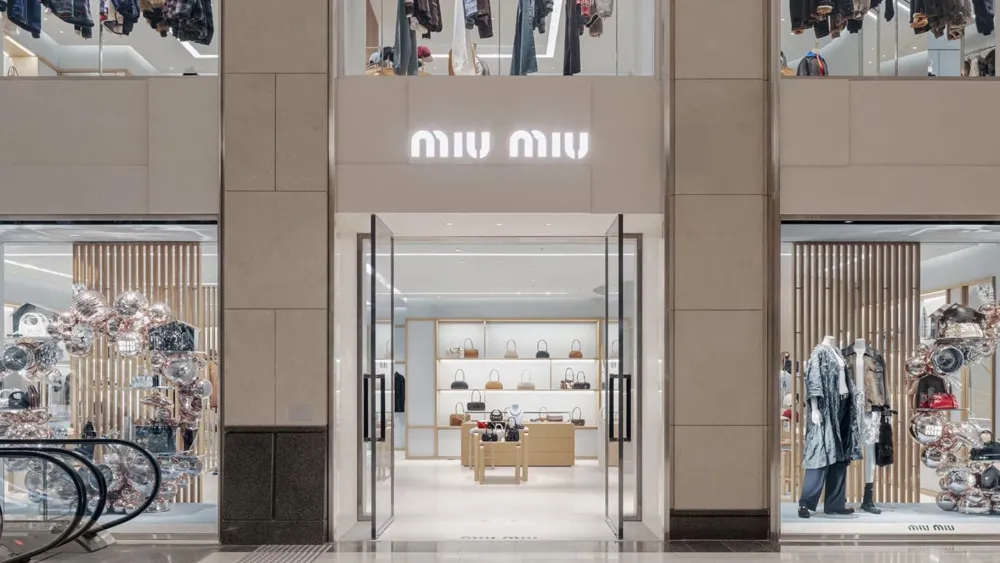
Around 2 in 5 brands use first-party data to deliver personalised customer experiences
Businesses said first-party data has higher quality and provides better privacy.
Businesses are “future-proofing” their initiatives to deliver a personalised experience to their customers using first-party data, as 37% of brands exclusively utilise them to offer such, a report by customer engagement platform Twilio showed.
In its report, Twilio noted that this is higher than the 31% of businesses that use first-party data in 2021.
Around 54% of business leaders are focused on first-party data because it is of higher quality, whilst 43% use it because it provides better privacy for customers. A total of 39% use it because it is easier to manage because they own it.
Twilio said customers have long “rented” customer relationships from advertisers and social networks that collect behaviour and demographic information and then resell it as “targettable audiences.”
Companies were forced to own these data because of “sweeping privacy regulations” both at the government and corporate levels.
It added that half of the companies surveyed cited that recent changes to data privacy regulations have also made personalisation more difficult, and moves by Google to join Firefox and Safari in banning third-party cookies by end-2023 makes the shift to first-party data no longer optional.
The consumer and business survey, conducted between April and May 2022 involved 3,450 respondents from Australia, Brazil, Colombia, France, Germany, Italy, Japa, Mexico, Singapore, Spain, the United Kingdom and the United States. At least 250 respondents came from each market.



















 Advertise
Advertise







